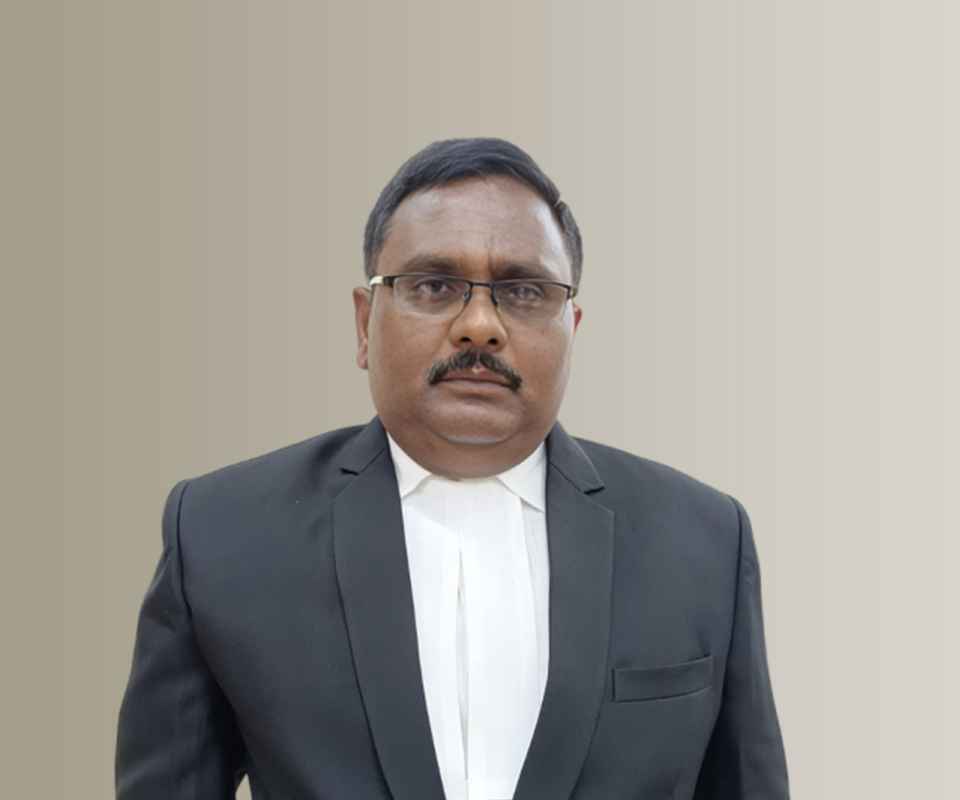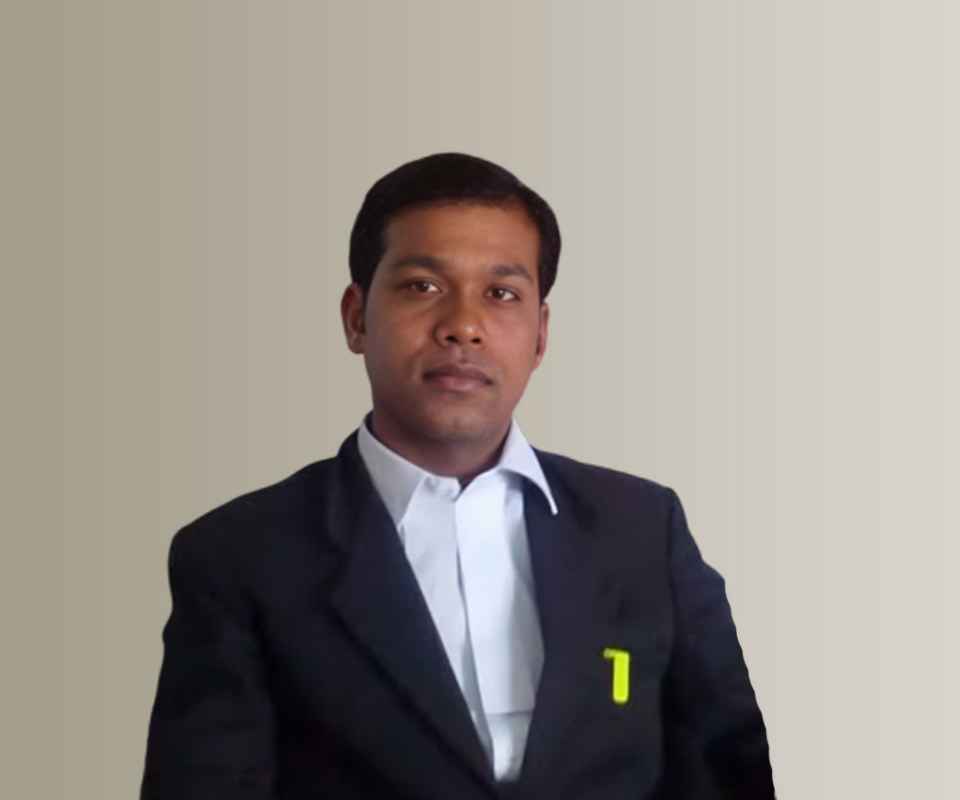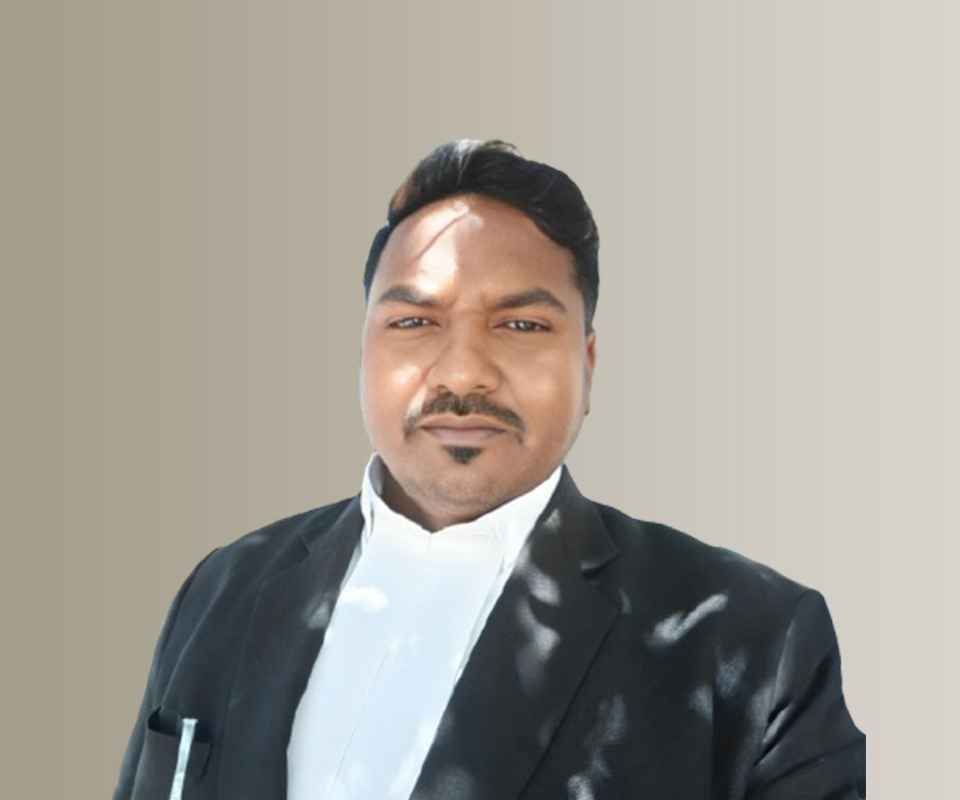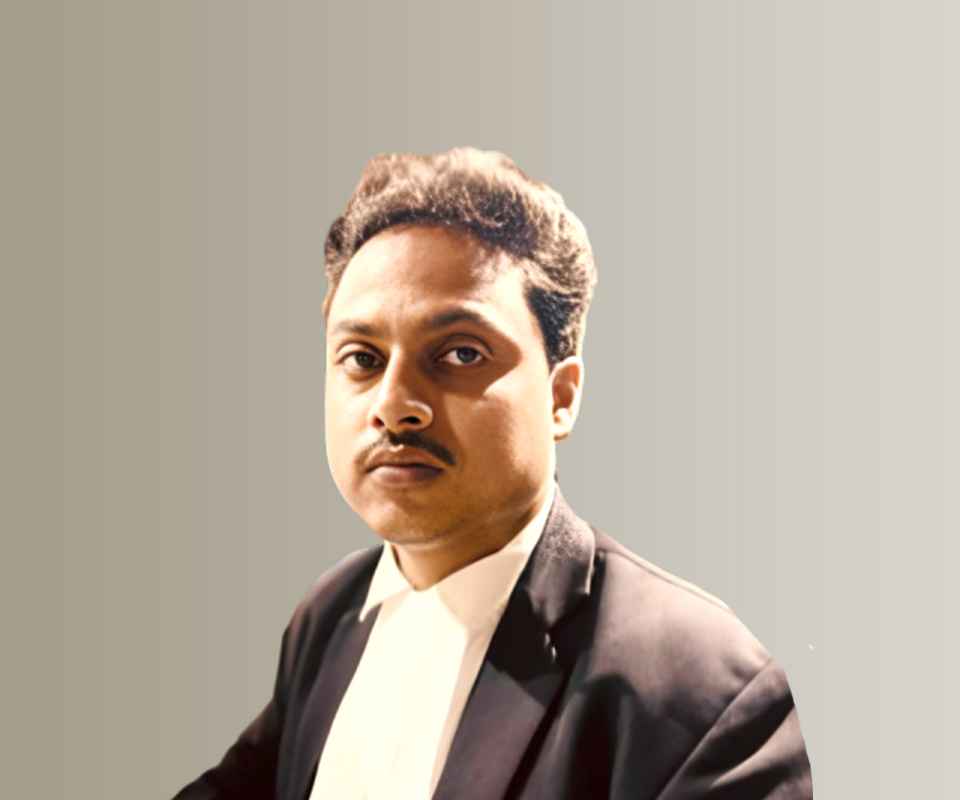Answer By law4u team
Bharatiya Nagarik Suraksha Sanhita, 2023 - Section 257: Arguments
When the examination of the witnesses (if any) for the defence is complete, the prosecutor shall sum up his case and the accused or his pleader shall be entitled to reply:
Provided that where any point of law is raised by the accused or his pleader, the prosecution may, with the permission of the Judge, make his submissions with regard to such point of law.
Brefe Detail
Section 257 outlines the procedure for arguments in a trial after the examination of witnesses for the defense. It specifies that the prosecutor summarizes the case, and the accused or their representative can respond. If a legal point is raised, the prosecution can respond with the Judge's permission.
Question & Answers
What happens after the examination of witnesses for the defense?
After the examination is complete, the prosecutor summarizes his case, and the accused or their pleader has the right to reply.
Can the prosecution respond to points of law raised by the accused?
Yes, with the Judge's permission, the prosecution may make submissions regarding any points of law raised by the accused or their pleader.
Who is entitled to reply after the prosecutor sums up the case?
The accused or their pleader is entitled to reply.
Example
In a trial, after the defense witnesses have testified, the prosecutor may say, In conclusion, the evidence clearly shows that the accused committed the offense. Following this, the defense lawyer might respond, We believe the evidence is insufficient to prove guilt beyond a reasonable doubt.
Summary
Section 257 addresses the argument phase of a trial, allowing the prosecutor to present a summary of their case and giving the accused or their legal representative the opportunity to reply. It also clarifies the process for addressing any legal points raised during the arguments.







